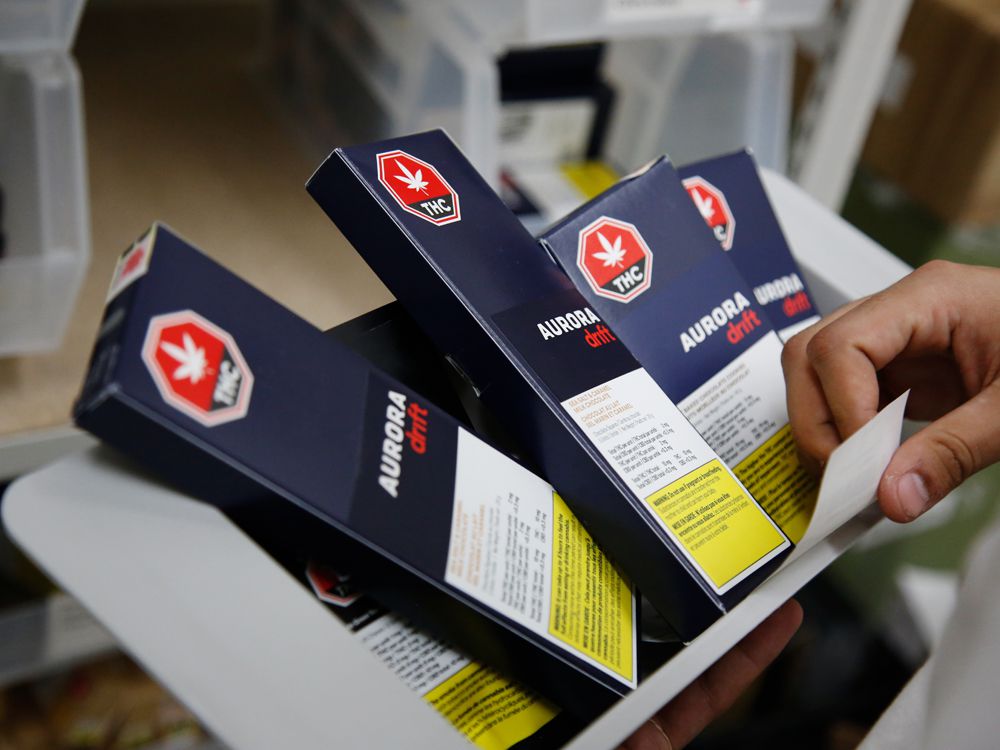You are here
Home 🌿 Marijuana Politics 🌿 Enough with the criticism. Canada's cannabis legalization is providing a roadmap to the world 🌿Enough with the criticism. Canada's cannabis legalization is providing a roadmap to the world

Another week, another story about the missteps of the Canadian cannabis industry. Following in the Guardian’s footsteps from last month, The Motley Fool has published a story titled, “Here’s How Canada Blew its Chance to be a Cannabis Leader.”
It follows a well-trodden path. The main stumbles? A tightly regulated government framework that focuses on minimizing harms rather than market development, overzealous company evaluations fueled by stock promoters that set impossible standards, the limited deployment of retail options in Canada’s most populous provinces, the delayed rollout of infused products with higher profit margins than flower, startup companies buying up huge swaths of land and locking into contracts with limited understanding of distribution and demand, and an end product that many find overpriced and unappealing, at least in its earliest incarnations.
These are some of the main missteps. But context is required. This is still a nascent industry and Canada is waiting for the rest of the world to catch up. Undoing cannabis prohibition and ushering in one of the most significant changes to public policy in recent history was never going to be easy.
When Uruguay became the first country to legalize cannabis in 2013, few were predicting that it would take the government years to get authorized, regulated cannabis into pharmacies, but it did. There, cannabis consumers must register with the government, their identity and buying history logged via a fingerprint scanner, before they are able to make a purchase. Customers are limited to 40 grams a month and can choose between two standardized product offerings, both of which contain low levels of THC.
Canada, by comparison, is a cannabis utopia. With the rollout of Cannabis 2.0 products earlier this year, consumers can now buy everything from infused beverages and candy to topicals, live resin and hash. Not to mention a wide selection of flowers, oils and vaporizers.
The tenets that dictated Canada’s push toward legalization are also being realized: youth consumption is down, adult use rates have not increased and the illicit market is shrinking.
Speaking at the UN commission in March, Michelle Boudreau, the Director General of Controlled Substances Directorate for Health Canada, told the world that Canada’s plan, which required defying international treaties to get started, is working.
“The illegal market has already lost 30 percent of its market share, and we have seen no corresponding increase in the overall size of the market. This represents nearly $2 billion in sales that did not go to criminal organizations,” she said, adding that the rates of cannabis use among youth and young adults have remained stable and there’s been no increase in illegal movement across international borders.
Speaking of the border, the U.S. has now approved medical or recreational cannabis in more than 30 states. But the industry is still waiting for that federal domino to fall. While neither presidential candidate has been especially encouraging on the cannabis file, the success of the individual States that have welcomed the cannabis industry might force their hand, especially after the pandemic’s unquestionable effect on the American economy.
In Canada, the cannabis sector has contributed more than $8 billion to the national GDP, it has opened up new research possibilities so we can better understand the benefits and harms of this plant, and it has created a distribution network of safe and regulated products. In becoming the first industrialized nation to legalize weed, Canada is creating a roadmap for the rest of the world to follow.
There have been stumbling blocks, because there always is, and while some were easy to predict, others were not as easy to spot. Despite the current situation, which has led to historic drops in retail sales across other sectors, cannabis sales are soaring.
There is still much work to be done, with cannabis amnesty at the front of the line, and there are still many possibilities for how Canada could emerge as a world leader on his file, whether it’s through production, research, technology or elsewhere. Some predict we are still more than five years away from the rest of the world catching up and international trade restrictions being lifted. When that happens, Canada will be extraordinarily well-positioned. Canadain companies are already circling potential markets in Europe and Latin America.
Expectations have come back down to earth after the early halcyon days of hype and hope, but now it raises another question: Have reports of the death of the Canadian cannabis industry been greatly exaggerated?
420 Intel is Your Source for Marijuana News
420 Intel Canada is your leading news source for the Canadian cannabis industry. Get the latest updates on Canadian cannabis stocks and developments on how Canada continues to be a major player in the worldwide recreational and medical cannabis industry.
420 Intel Canada is the Canadian Industry news outlet that will keep you updated on how these Canadian developments in recreational and medical marijuana will impact the country and the world. Our commitment is to bring you the most important cannabis news stories from across Canada every day of the week.
Marijuana industry news is a constant endeavor with new developments each day. For marijuana news across the True North, 420 Intel Canada promises to bring you quality, Canadian, cannabis industry news.
You can get 420 Intel news delivered directly to your inbox by signing up for our daily marijuana news, ensuring you’re always kept up to date on the ever-changing cannabis industry. To stay even better informed about marijuana legalization news follow us on Twitter, Facebook and LinkedIn.




